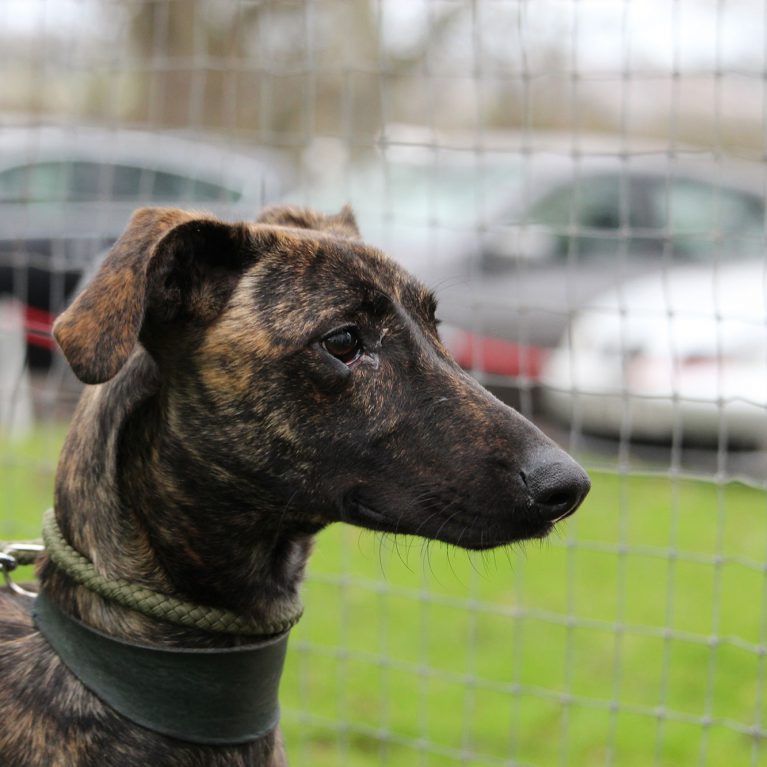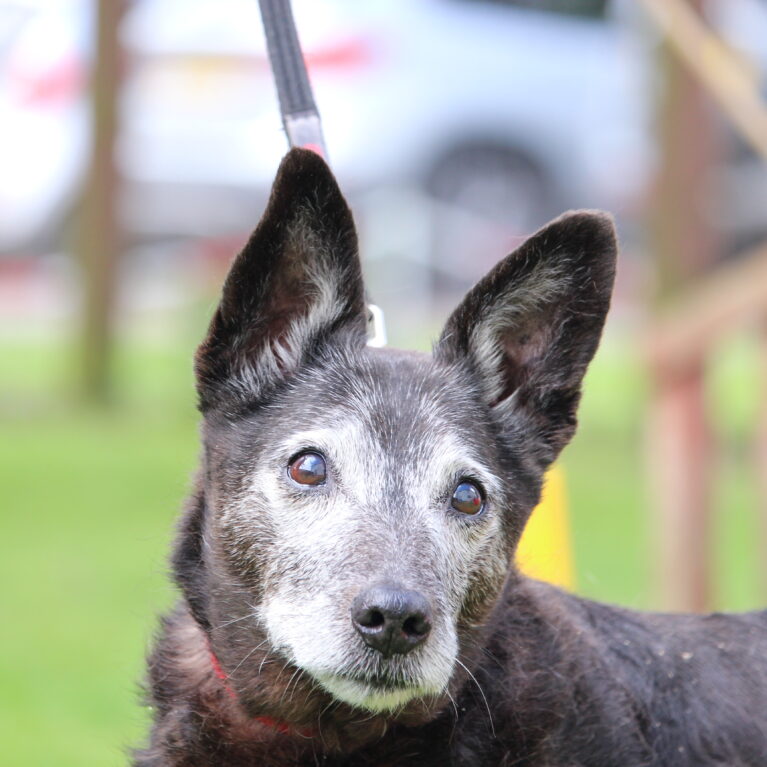Pet Safety Around Wild & Farm Animals
Published: April 14th, 2021
Pet Safety Around Wild & Farm Animals
Published: April 14th, 2021
THIS ARTICLE IS FROM THE SPRING/SUMMER 2021 EDITION OF OUR QUARTERLY MAGAZINE
During the COVID-19 pandemic, while the majority of the human population has been in lockdown, mother nature has been getting on very well without us! Spring is now well on the way and the birds are busy making their nests. Once the eggs gave hatched and the chicks have fledged, it is inevitable that they will have to learn to fly. This is such a dangerous time for them, with chicks often falling out of their nests as they start to move around more and start stretching their wings.
Please remember that if you find a fledgling on the ground, there is every chance that its nest is nearby, and its parents are keeping a close eye on it, bringing it food when no-one is watching. Please leave the fledgling where it is, if you try to intervene then you could scare the parents away. You can monitor from a distance, but only intervene if the bird is injured, or you are sure it has been abandoned. A healthy fledgling should learn to fly and leave your garden within a couple of days. However, you MUST protect it from your own pets. So please, if you see a baby bird in your garden, keep your cats in and don’t let your dogs have off-lead access to the area, instead of letting them loose in the back garden, take them for a short walk.
This article has been written by our Vets team – you can help fund their work by joining Team SAFE today
If a baby bird is too young to leave the nest, ie. doesn’t have all its feathers, it may have been thrown out of the nest because a parent senses it is unhealthy. If it appears well and you can find the nest, it is OK to pick the baby bird up and put it straight back into the nest. If you are concerned about it, you should contact a specialist rescue organisation for advice.
Another welcome sight at this time of year is the spring lambs and calves in the fields. When out walking with your dogs, please remember to follow the Countryside Code The Countryside Code Leaflet (publishing.service.gov.uk). You should keep your dog on a lead around livestock at all times. Not only are young lambs and calves vulnerable and easily caught and injured, but their mothers can be extremely aggressive, both towards your dog and yourself. Many people are injured, and some even killed, every year by mothers protecting their young so it may be wise to avoid certain walking routes for a while, when young lambs and calves are in the fields.
A farmer may shoot a dog which is attacking or chasing farm animals without being liable to compensate the dog’s owner. However, if cattle or horses chase you and your dog, it is safer to let your dog off the lead – don’t risk getting hurt by trying to protect it. Your dog will be much safer if you let it run away from a farm animal in these circumstances and so will you.
This article has been written by our Vets team – you can help fund their work by joining Team SAFE today
Even if there are no farm animals present, and you decide to let your dog off lead in the countryside, you should always keep your dog within sight as it may disturb wildlife. Rabbits and deer, for example, may be hiding their young in the undergrowth.
Dogs may be banned from certain areas that people use, or there may be restrictions, byelaws or control orders limiting where they can go so please check to make sure you are familiar with the rules applicable where you are walking. The access rights that normally apply to open country and registered common land (known as ‘Open Access’ land) require dogs to be kept on a short lead between 1 March and 31 July, to help protect ground nesting birds, and all year round near farm animals. At the coast, there may also be some local restrictions to require dogs to be kept on a short lead during the bird breeding season, and to prevent disturbance to flocks of resting and feeding birds during other times of year.
Everyone knows how unpleasant dog mess is and it can cause infections, so always clean up after your dog and get rid of the mess responsibly – ‘bag it and bin it’. Make sure your dog is wormed regularly to protect it, other animals and people.


